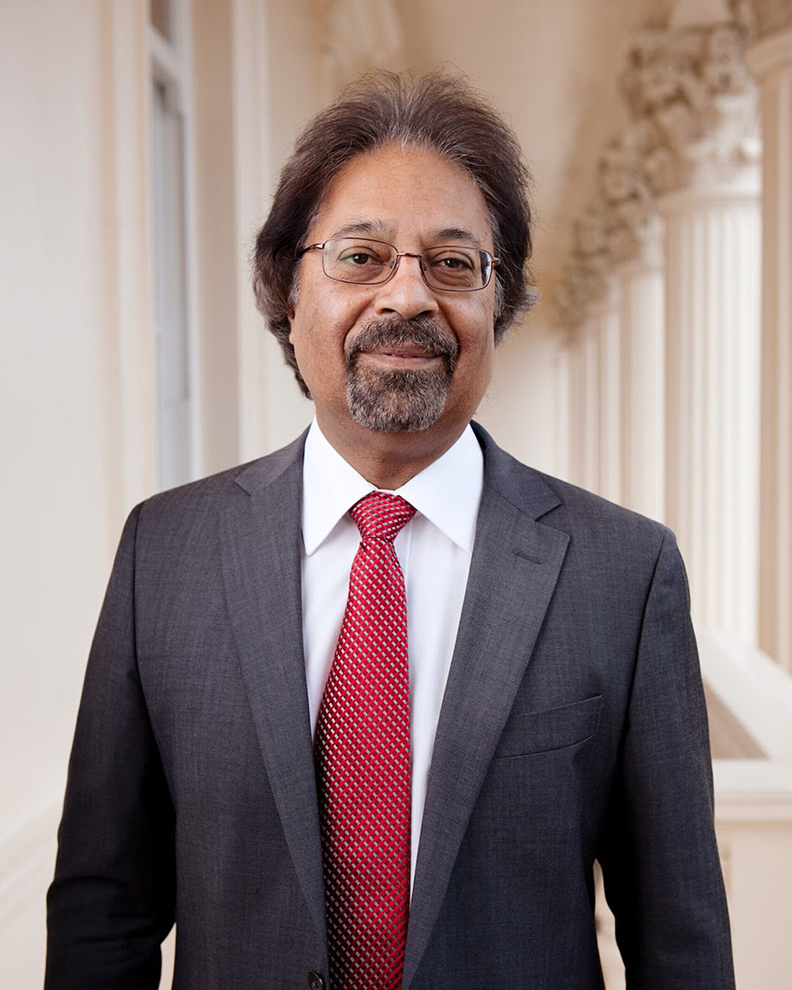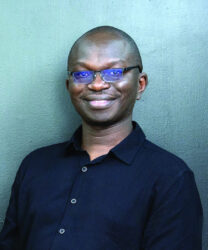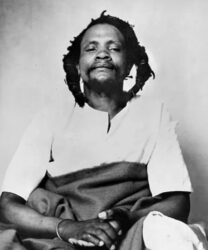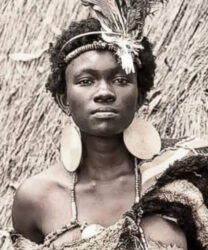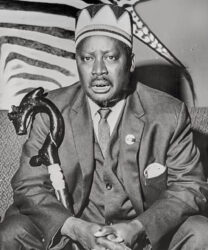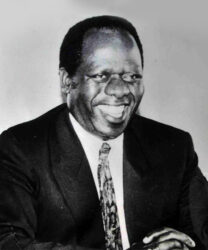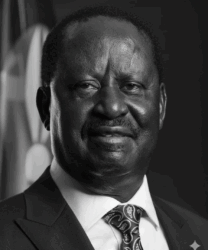Tejinder Virdee
Sir Tejinder Singh Virdee is an experimental particle physicist and Professor of Physics at Imperial College London. He is best known for originating the concept of the Compact Muon Solenoid (CMS) with a few other colleagues and has been referred to as one of the ‘founding fathers’ of the project. CMS is a world-wide collaboration which started in 1991 and now has over 3500 participants from 45 countries.
Virdee was elected Fellow of the Royal Society and of the Institute of Physics (IOP) in 2012. In recognition of his work on CMS1 he has been awarded the IOP High Energy Particle Physics group prize (2007) and the IOP Chadwick Medal and Prize (2009). In 2012, he was awarded the 2013 Special Breakthrough Prize in Fundamental Physics for ‘leadership in the scientific endeavour that led to the discovery of the new Higgs-like particle by the ATLAS and CMS collaborations at CERN’s Large Hadron Collider (LHC) along with 6 other physicists.
He was awarded the 2013 European Physical Society High Energy and Particle Physics Prize and the 2017 American Physical Society Panofsky Prize for his pioneering work and outstanding leadership in the making of the CMS experiment. In 2020 he was awarded the Blaise Pascal Medal of the European Academy of Sciences in Physics. He was also on the Physical Sciences jury for the Infosys Prize in 2020.
In 2014, Virdee was knighted in the Queen’s Birthday Honours list for services to science.
Famous Quote
The good thing about Higgs is that depending on the mass it actually manifests itself inside the detector in completely different ways. And many different ways depending on the mass, and we have to cover all the different ways and, in fact, when you have done you find that detector can do anything that the nature has in store for us. Anything.
— Tejinder Virdee
